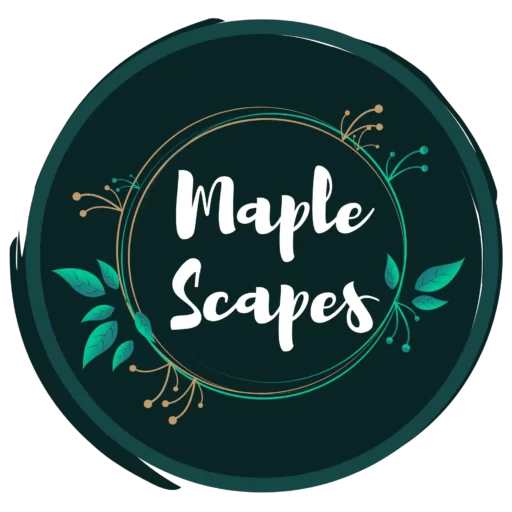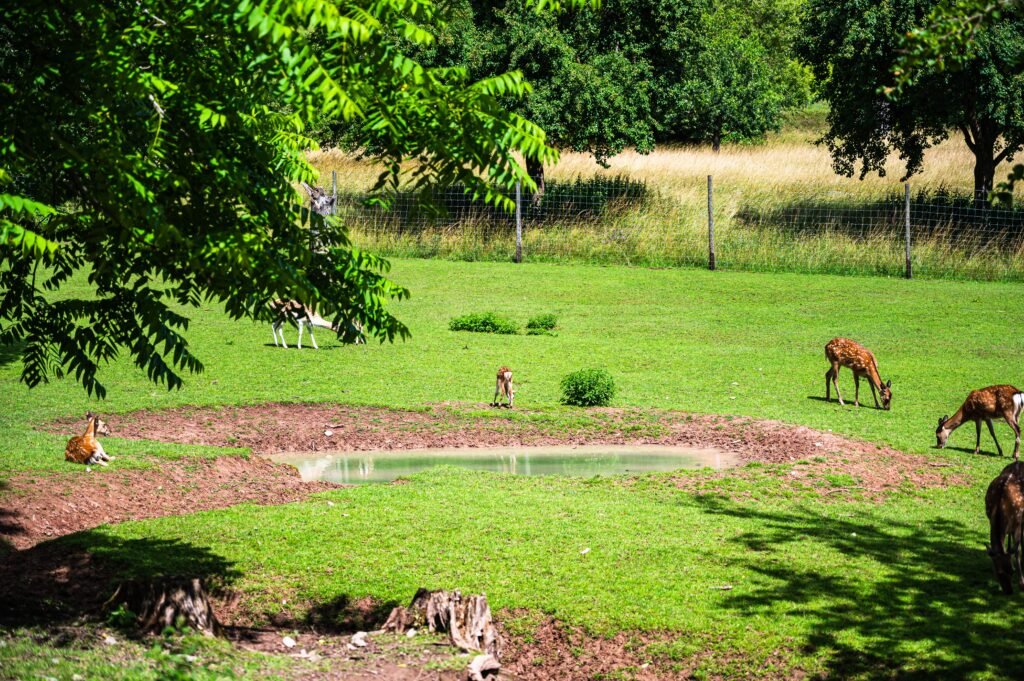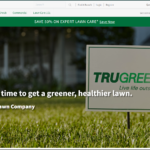Are you looking to turn your passion for plants and outdoor work into a successful Kansas landscaping business? That would be a great idea! So, mow lawns, plant trees, work on garden features, or give full landscaping service to homes and commercial buildings—there are fundamental things to complete first.
Don’t worry, let us help you out with these complex processes. We will tell you everything you need to legally start and run a landscaping business in Kansas. Be with us till the last, and you will end up knowing each and every little thing about the landscaping business in Kansas, including tips for landscape contractors Kansas City KS.
Starting with the main and basic info, Kansas doesn’t require a specific state landscaping license for all services. However, depending on what you offer—like using pesticides, selling nursery plants, or hiring employees—there are legal requirements you must follow, especially if you provide landscaping Wichita KS services.
Licensing Requirements for Landscaping Businesses in Kansas
Starting a landscaping business in Kansas is more than just buying tools and printing business cards. You’re supposed to have complete knowledge about licenses, certifications, and local rules that apply to your specific type of service, especially for Wichita landscaping companies.
a. General Landscaping License
Kansas does not require a general landscaping license at the state level. However, you may need a local business license or contractor’s license, depending on your city or county.
Popular cities like Wichita, Overland Park, Topeka, or Kansas City may have their own rules. We suggest you always check with your local city hall or county office to see what you need before starting work, as many landscape companies Wichita KS follow these regulations closely.
For example, do visit the following links to learn about licenses:
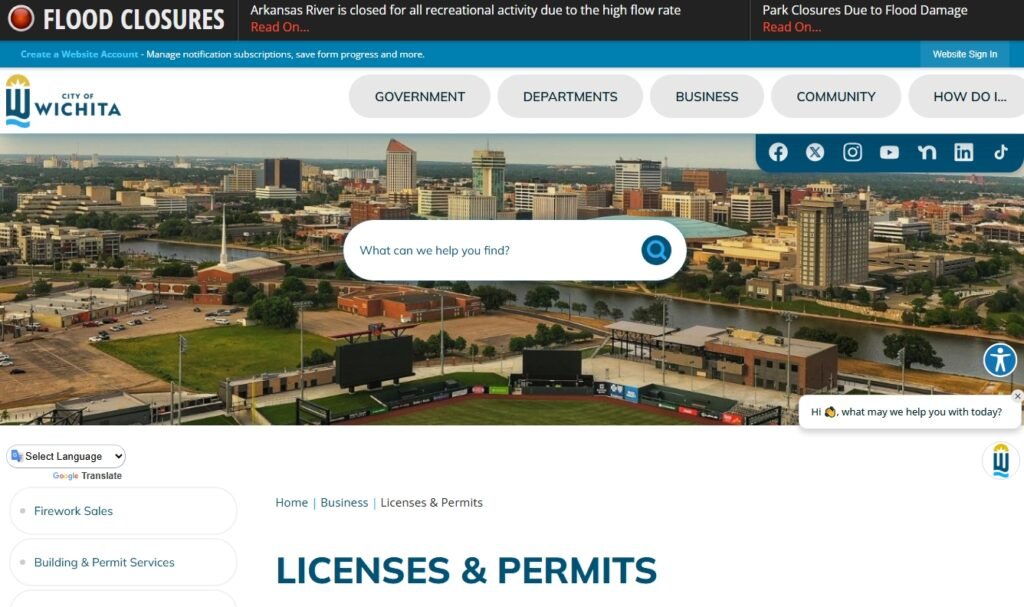
- Licenses & Permits Information for City of Wichita
- Kansas Overland Park Business Licensing information.
b. Pesticide Application License
If you use herbicides, pesticides, or fertilizers in your business, you must be licensed as a Commercial Pesticide Applicator through the Kansas Department of Agriculture (KDA).
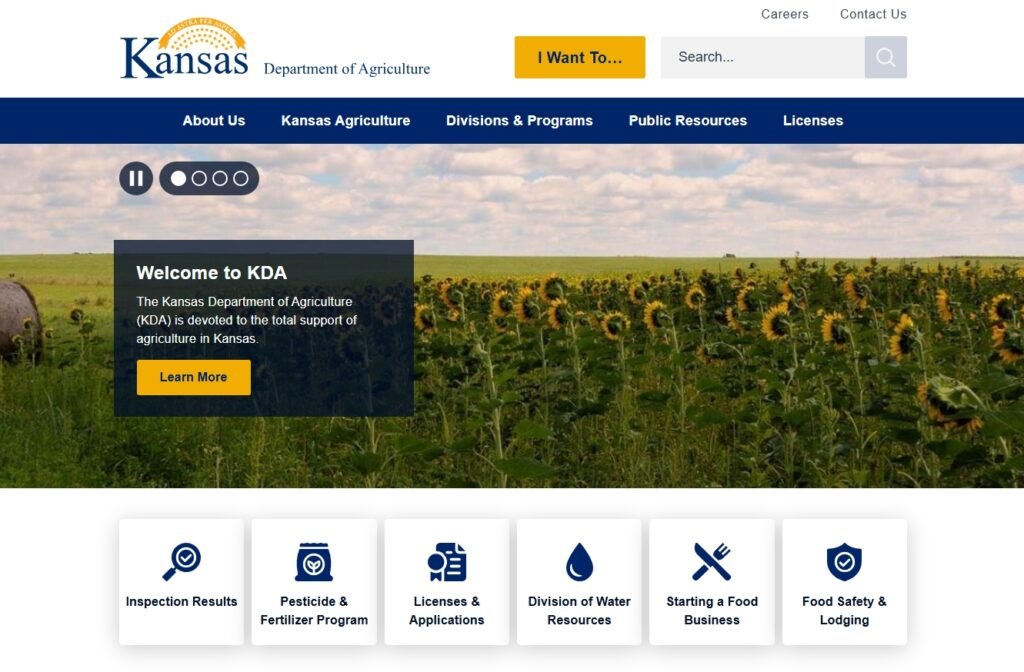
Requirements:
- Pass the General Core Exam and at least one category-specific exam (usually Category 3A – Ornamental Pest Control, and 3B – Turf Pest Control).
- Complete pesticide safety training.
- Renew your license every year and keep up with required continuing education credits.
Complete information about Pesticide and Fertilizer Licensing in Kansas.
Applications and Forms for Business Licenses in Kansas.
c. Nursery License
If you’re growing or selling live plants, trees, or shrubs in Kansas, you may need a Nursery License.
The Kansas Department of Agriculture Plant Protection Program oversees this. The Department of Agriculture requires anyone who grows or sells plants to register annually, especially if they’re for resale.
There are two types of licenses:
- Nursery Dealer License – For businesses buying plants and reselling them.
- Nursery Grower License – For those growing their plants for sale.
These licences take good care of plant health and ensure that diseased and invasive plants must not be sold by businesses for personal profits.
Other Legal Requirements
a. Business Registration
It is important to register your business legally before offering services or advertising your business.
Here are the required steps:
- Choose a business structure (Sole Proprietor, LLC, etc.).
- Register your business with the Kansas Secretary of State.
- Apply for an Employer Identification Number (EIN) through the IRS—you’ll need this for taxes and hiring employees.
- Get a Kansas Tax ID from the Kansas Department of Revenue if you plan to sell products or collect sales tax.
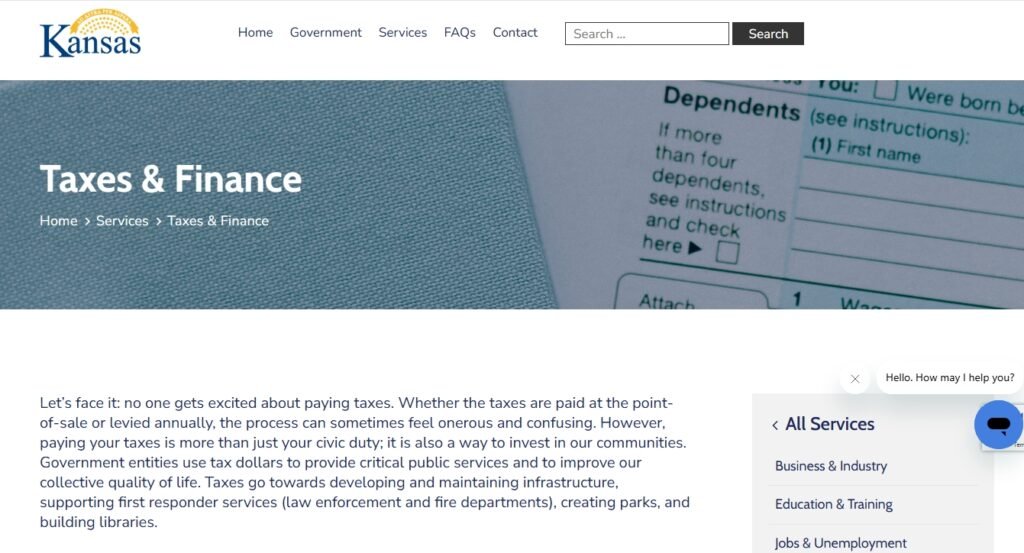
The Kansas Department of Revenue
Note: Do not forget to apply for an Employer Identification Number before registering your business in Kansas.
b. Insurance Requirements
One of the smartest investments for any landscaping business is insurance indeed. Even if the state does not make it mandatory, many clients will expect you to have it for safety and security purposes—and some cities might require it for permits, especially for Kansas landscaping companies.
Recommended Insurance Types:
General Liability Insurance
- Covers injury or property damage.
- Suggested minimum: $1 million per occurrence.
Worker’s Compensation
- Required if you have employees.
- Covers workplace injuries and lost wages.
Commercial Auto Insurance
- Needed if you use work trucks or vans.
Tools and Equipment Insurance (Inland Marine)
- Covers damaged or stolen tools.
Umbrella Insurance
- Provides extra coverage beyond your basic policy limits.
Having insurance doesn’t just protect you from lawsuits or unexpected costs—it also builds trust with your clients.
Here’s the list of some insurance providers:
- Hiscox Insurance: Get an Online Business Insurance from Hiscox
- Next Insurance: Online Small Business Insurance from Next Insurance
- The Hartford Insurance: Business, Home & Car Insurance from the Hartford Insurance
c. Surety Bond (Optional)
In some Kansas cities, you may be asked to purchase a surety bond before getting local permits. This acts like a financial promise that you’ll complete the job as agreed. It’s not always required, but helpful when bidding for larger contracts, especially for landscape contractors Kansas City KS.
Typical bond amounts: $1,000–$5,000, depending on the city or project.
Landscaping Associations in Kansas
Joining a landscaping association is a great way to grow your network, get certified, and stay up to date with new laws and technologies, especially if you’re in landscaping Wichita KS services.
Kansas Nursery & Landscape Association (KNLA)
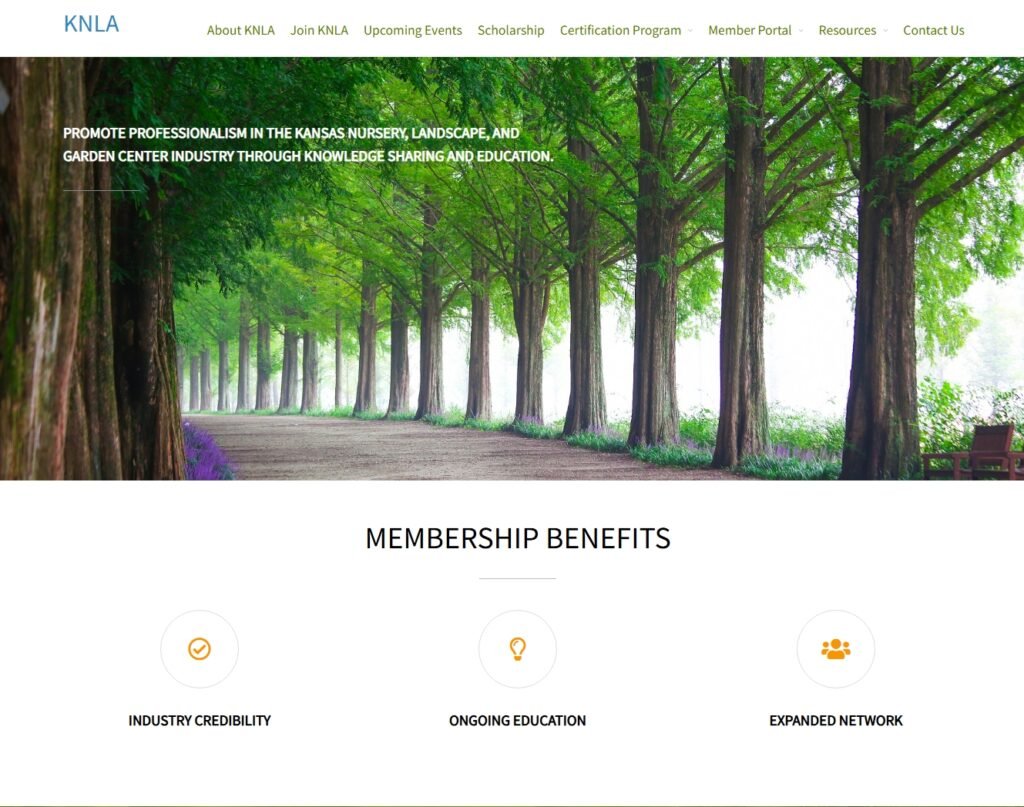
Kansas Nursery and Landscaping Association promotes professionalism in the Kansas nursery, landscape and garden center industry through knowledge sharing and education.
Benefits include:
- Training workshops
- Certification opportunities
- Industry news
- Job leads and contractor referrals
- Discounts on tools and services
Important Government Resources
Here are some helpful resources and government websites to help you manage your landscaping business legally:
Kansas Business Center for business registration and permits.
Occupational Safety and Health Administration (OSHA) for safety compliance if you have workers
Notes to Remember
- License Costs: The cost varies by the license you want to get, with pesticide licenses running around $45 to $60. Nursery licenses vary according to the size of the operation.
- Renewal Timeline: Most are renewed by the year.
- Processing Time: Two to four weeks for pesticide licenses. It would be quick for business registration where online processes are available.
- Training Needed: There are educational or examination requirements for pesticide applicators and nursery professionals.
Final Thoughts
In Kansas, landscaping is no more difficult than any other business, but it does require careful planning. By acquiring the needed permits, abiding by local laws, and securing insurance, a foundation for long-term success is built, especially for Wichita landscaping businesses.
Always remember: Legality and professionalism protect your firm, while simultaneously binding a bond of trust with clients and opening the gates to lucrative opportunities, just as top landscape companies Wichita KS demonstrate.
So, get your documents ready and start growing your green dream in the sunflower state!
All the best!
Want to learn about licensing rules in other states? Check out our complete guide on Kentucky landscaping requirements.
